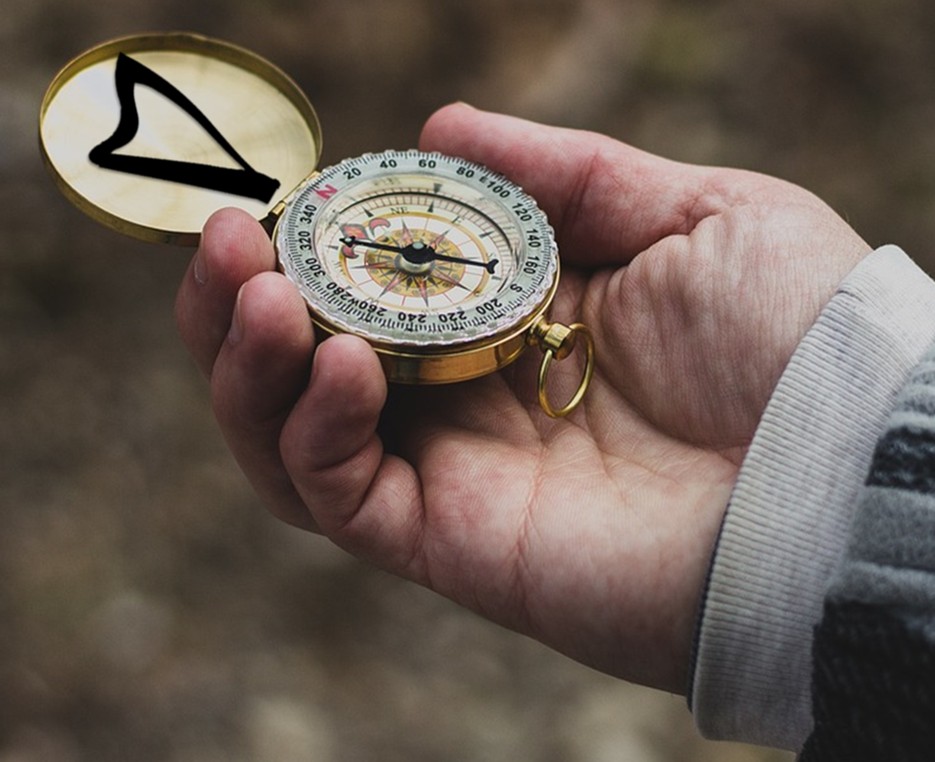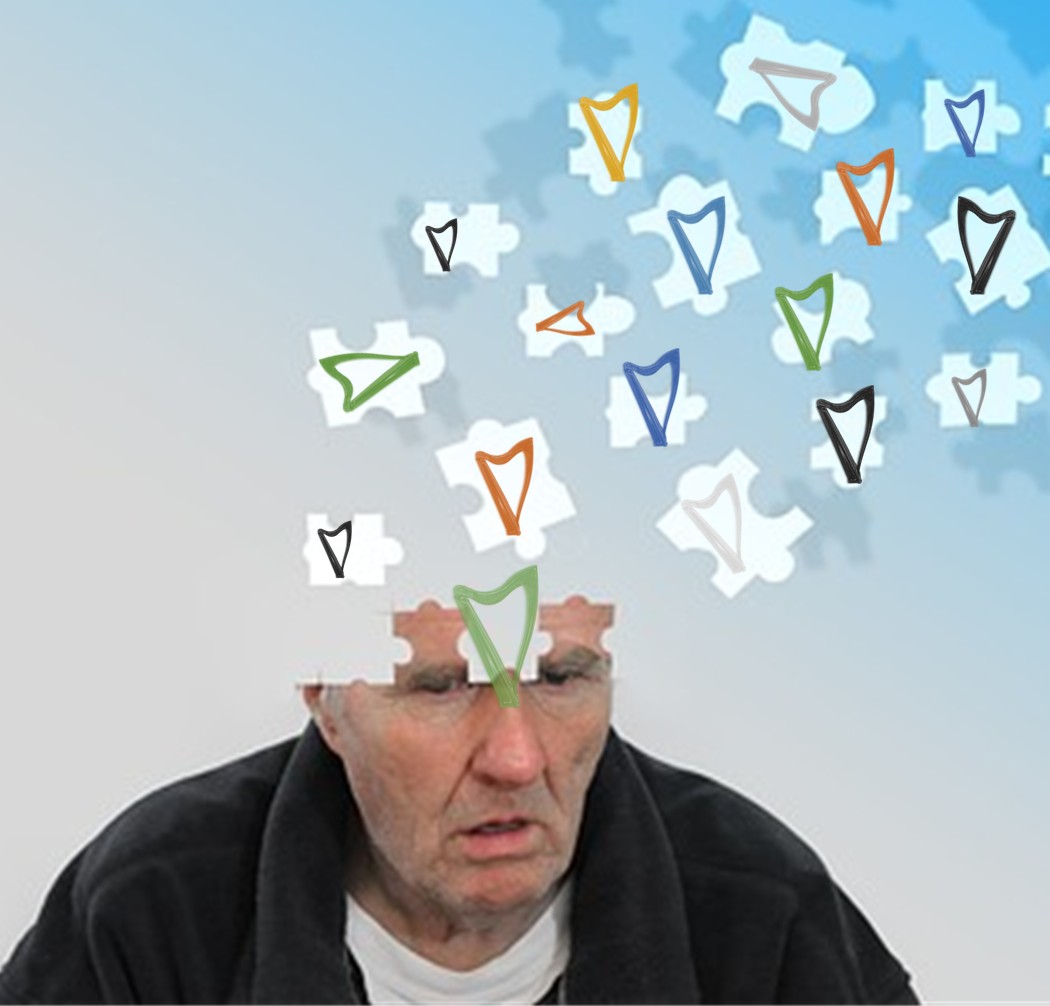Do you ever feel like you’re floundering? Like you should be playing but just can’t seem to get onto the bench? In a quiet inner voice are you asking, “why am I doing this?” and not coming up with an answer?
This might be especially true as we come out of the summer season when there are so many workshops and learning opportunities. We see our harp buddies, we sit through the courses. Everyone seems so on fire. At least it seems like it. So we have to ask why we’re not all lit up like everyone else?

It happens – probably to all of us. Sometimes we might lose sight of our why. It’s not a bad thing – if you didn’t care, the question wouldn’t even occur to you.
Everyone else might be lit up because they aren’t adrift at this moment. Or they could be on autopilot and not thinking about it. Or they could be hiding that they are asking themselves the very same question.
It’s ok for your relationship with your harp and your music to go through phases. It’s ok to be all ate up and it’s ok to need a break and it’s ok to be happy as a clam and it’s ok to wonder how come you are stuck. It is not ok, however, to look at everyone else and wonder why they’re not.
We can talk about comparison another time, but for now – if you’re wallowing, not making progress, or even wondering if you should just give up, what should you do?
Start by acknowledging that you’ve got this feeling and you need to explore it. Then you can just ask more questions. Like how are you really feeling? Are you listless? Are you just practicing to say you did but not really engaging? Are you so busy watching other people play (I’m talking to you scrollers who are wondering why you can’t do that thing you saw on FaceTikGram)? Are you thinking you need to do something, but don’t know what? Are you afraid that you’re doing it wrong?
This is a very real struggle. And it can be concerning because it can come and go, attacking when you’re low and disappearing when you’re not. It’s also insidious because it tends to point us to asking the wrong questions to get ourselves back on track. You’re not doing it wrong. You’re not making zero progress.
You’re not lost. You might just need to find some new questions.
What questions could you be asking yourself? Note that no one else can answer these for you. Also, you’re not telling anyone the answers (or the questions), so there’s no comparisons to anyone else. Give yourself time to answer these, they deserve thoughtful, not flip, answers. How about:
- If I could do anything right now, what would it be? (NB – doesn’t have to be harp related, but that’s kinda where we’re looking)
- If there was a shiny object, what would it be? (adult version: what do I want to be doing that I’m not, but I could be if I let myself?)
- What is my harp nirvana (what would make me be so enthralled that I’d completely lose track of time, hunger, and thirst?!)
- What do I hate so bad that I’d rather skip playing to avoid it?
- What could I do daily to make my harp life align with my vision of my perfect harp life?
- What could I do if I was infinitely patient with myself, gave up my should and treated myself as a student or mentee who is allowed to experiment, explore, create, and fail gently?
- What other questions should I be asking myself to keep progressing?
It’s only by continuing to ask ourselves questions that we’ll continue to grow (ok, that and practicing!). There is no end to the questions you might ask yourself.
Of course, you don’t have to be adrift to ask these questions. You can always be answering them at any time. But when you’re rudderless, it’s easy to focus on not going anywhere – and that’s where the questions come in, helping you get yourself back on course. What questions should I have included? Have you had the opportunity to grow like this? I love hearing from you, send me a comment!









